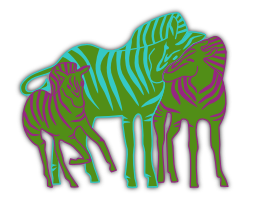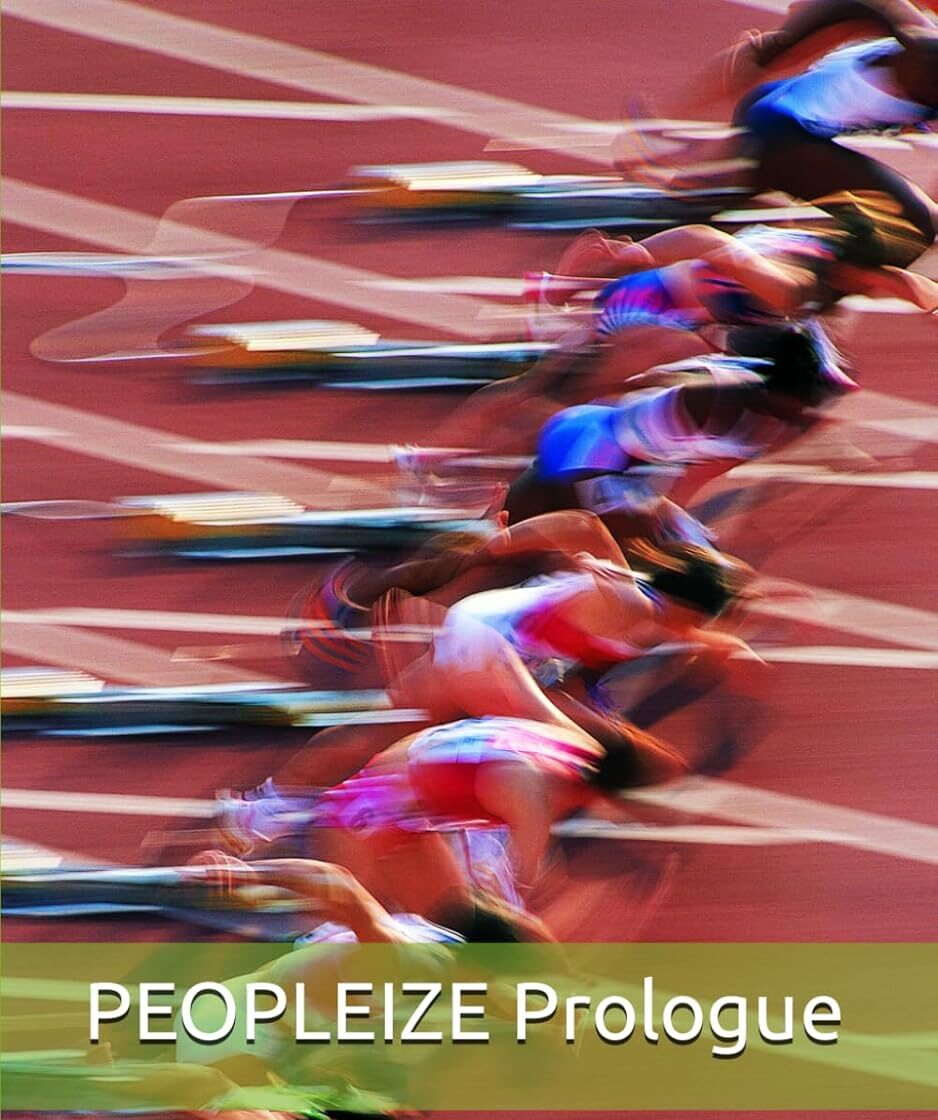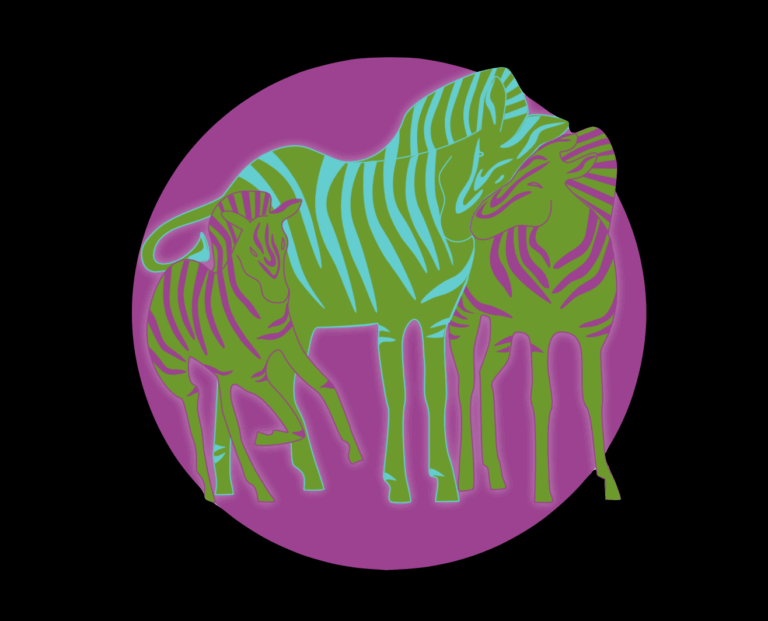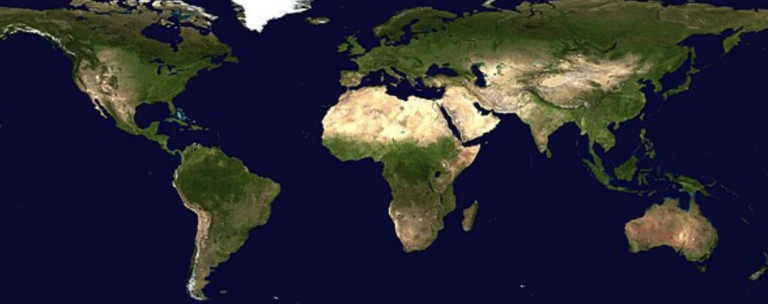PEOPLEIZE
Prologue
A Peaceful Version for the Future of People on Earth. People of Earth Living in Harmony Together!
By PEOPLEIZE
PEOPLEIZE
Copyright ©
All rights reserved.
Our books may be used in bulk for promotional, educational, or business use. Please contact your local bookseller or us directly at info@peopleize.world
www.peopleize.world
Originally published 690002024
Dedication
In solemn remembrance and heartfelt tribute, this book is dedicated to the over 10,000 Palestinian Children massacred by merciless onslaught of the Israeli military of the Palestinian people in the Genocide of Gaza during just the first 100 days. Their innocent lives, marked by unwarranted suffering and unimaginable loss, serve as a poignant reminder of the profound human cost of conflict.
May the collective cry’s of these young innocent Children echo through the pages of this book, resonating across the globe, and inspiring a universal call for a stop to all wars, violence and all people’s of earth to live in peace. In dedicating these words to the precious lives murdered, we aspire to ignite a transformative conversation about the imperative need to abandon violence as a means of resolving our differences.
May the memories of the Palestinian children be a catalyst for change, motivating people worldwide to seek paths to dialogue, diplomacy, and comprehensive peace with each other. In their honor, let us unite in our commitment to building a world where conflicts are resolved through courts of law, cooperation, and a shared vision of peaceful coexistence. May their legacy be a guiding light, urging us all to work tirelessly towards a future where every child can grow and thrive in a world free from the shadows of violence and war.
Contents
Chapter 1: PEOPLEIZE
Chapter 2: Our Earth, Our Home
Chapter 3: Governance By The PEOPLE
Chapter 4: Reshaping Prosperity
Chapter 1
PEOPLEIZE
Lets compare the grand theater of life, to a 400-meter track and field race. This metaphorical journey around the track becomes a powerful lens through which we scrutinize the inherent disparities in starting positions. Much like a race where individuals are positioned based on your inheritance at various starting points around the track, our lives unfold with some standing directly on the starting line, while others find themselves at a advantage starting 50 meters ahead and some even starting just a single step away from the finish line. Once the official signal the start of the race the individual standing just one step away from the finish line take a step forward and just like that they win the race and get the winning price. While the other participants are still running around the track, never having a chance to win the race no mater how fast they run.
The metaphor of the 400-meter race encapsulates the injustice of the circumstances into which individuals are born. This visual representation vividly illustrates the impact of factors such as family inheritance, birthplace, and socio-economic status on the starting positions in life’s race. The central tenet of PEOPLEIZE is clear: No human being should claim ownership of the Earth or wield the power to dictate another’s starting point in the unfolding journey of life on our Earth as a people.
This premise, though simple, unravels a profound truth about the arbitrary nature of advantages and disadvantages bestowed upon individuals from birth. The notion challenges the status quo, questioning the ethics of a system where the person standing just a step away from the finish line, merely due to inherited privileges, claims victory and reaps the rewards. PEOPLEIZE boldly declares that such a scenario is fundamentally unjust and stands against the principles of fairness and equality that should govern the equality of life on Earth.
Expanding on this metaphor, the lets look into the complexities of societal structures that perpetuate these disparities. It invites readers to envision a world where the starting line is not predetermined by circumstances beyond one’s control, where the race is a fair and equitable journey for all participants. The call to action resonates loudly, urging humanity to reassess and redefine the parameters that shape our beginnings and influence our trajectories.
To ensure our survival on Earth, people need to continue to extending our reaches into the realms of collaboration, empathy, and mutual support. The philosophy envisions a global community where the pursuit of profit is not needed because it is based on a virtual system and we can make the virtual system do what every we need. We live on Earth and are not going to be living it for a while so lets stop fighting over it and start finding ways to ensure it is sustainable for millions of diverse generations of people to come. One religion does not work, one race does not work we have seen that over the past 3000 plus years of record human massacres and wars. The narrative advocates for a paradigm shift away from a profit-centric mindset, emphasizing the importance of shared prosperity and collective well-being.
In the context of the last 3000 years of recorded history, humanity’s journey has been marred by the recurring theme of violence as a means to address conflicts. The annals of European history, in particular, bear witness to a multitude of wars and conflicts that have left indelible scars on the continent. From ancient times to the present, territorial dominance, power struggles, and ideological differences have fueled numerous conflicts, leading to devastating consequences and widespread human suffering. No wars are started because the population ask the kings or politicians, rather the kings or politicians deciding for what ever greed or lust or crazy ideas with no respect for human life lost for their personal gain. Here are a few examples of some wars to show the Genocide that have happened time and time again alone in just Europe:
Ancient Wars:
Peloponnesian War (431–404 BCE): Fought between the Greek city-states of Athens and Sparta, this protracted conflict resulted in immense loss of life and marked a significant power shift in ancient Greece.
Punic Wars (264–146 BCE): Carthage and Rome engaged in three brutal conflicts over control of the western Mediterranean, resulting in the complete destruction of Carthage and significant territorial expansions for Rome.
Medieval and Renaissance Wars:
Hundred Years’ War (1337–1453): This prolonged conflict between England and France witnessed significant battles such as Agincourt and Joan of Arc’s involvement. The war caused widespread devastation and changed the geopolitical landscape of medieval Europe.
Thirty Years’ War (1618–1648): Originating from religious tensions and power struggles within the Holy Roman Empire, this war evolved into one of the most destructive conflicts in European history, causing immense suffering and reshaping the political map of the continent.
Modern Wars:
World War I (1914–1918): The “Great War” involved major European powers and resulted in unprecedented carnage with new technologies amplifying the destructive power of warfare. The war inflicted immense human suffering, with millions of lives lost.
World War II (1939–1945): A global conflict with its roots in Europe, World War II saw the rise of totalitarian regimes and witnessed atrocities such as the Holocaust. The war left Europe devastated, both physically and economically, with millions dead and cities in ruins.
Post WWII Conflicts:
Bosnian War (1992–1995): The breakup of Yugoslavia led to a complex and brutal conflict in Bosnia and Herzegovina. Ethnic cleansing, mass killings, and the siege of Sarajevo were among the tragic events that unfolded, leaving lasting scars on the region.
Kosovo War (1998–1999): Ethnic tensions in the Balkans flared up again, leading to NATO intervention against Serbian forces accused of widespread human rights abuses and atrocities.
The prevalence of violence throughout these historical epochs underscores the darker aspects of human nature. Wars were not only fought on battlefields but often involved civilian populations, leading to widespread displacement, famine, and atrocities.
Examining these conflicts prompts a critical reflection on the recurring cycles of violence and the toll it has taken on human societies. It also raises questions about the role of the current monetary system in perpetuating inequalities and, at times, contributing to the economic factors that fuel conflicts. As the discussion delves into the complexities of the past, it becomes evident that addressing the root causes of violence is essential for fostering a more peaceful and equitable future.
PEOPLEIZE introduces the idea of reevaluating the monetary system, challenging the prevailing norms of interest rates and currency conversion. The vision is to create a world where all currencies are equal, eliminating the arbitrary devaluation of currencies from former colonial states. This proposed shift aims to establish an egalitarian society where everyone earns the same amount, fostering an environment where people can study, work, and play together without the heavy burden of financial inequality.
The urgency to address the widening chasm between the privileged 1% and the rest of society becomes a poignant theme. PEOPLEIZE paints a vision of a society where individuals work not merely for personal gain or retirement but as contributors to the collective growth and sustainability of the world for future generations. It seeks to redefine success, emphasizing that true prosperity is measured by the positive impact one has on the community and the planet.
The concept asserts that as caretakers of the Earth, individuals must unite to address the challenges that threaten our collective well-being. It underscores the pressing need to solve global issues as one united entity, transcending borders and divisions. The vision is to build a world where collaboration is not merely a buzzword but a lived reality, where nations, communities, businesses, and individuals work in harmony towards common goals.
The strength of unity becomes a central theme, emphasizing the profound importance of letting each person live in peace while supporting individuality of each person on our Earth. Shared values that every person is equal regardless of sex, race, religion or any other human created biases to hold someone down, in addition to the rejection of violence as a means to an end.
Crucial to building a society is the interconnected well-being of every person. This interconnectedness forms the foundation for the development of a global community where individuals are not merely coexisting but actively collaborating for the betterment of all. In this unified world, military forces don’t engage in conflicts against each other but rather collaborate to defend Earth from any external space guests that might be flying by our planet.
The question arises: Why are we expending time and resources on fighting each other when we cannot depart the Earth and, in doing so, only cause more destruction to our planet? Earth is of a fixed size, and the only threat to it comes from us or something external. Are we truly ready for peace?
The groundwork for a comprehensive exploration of how the PEOPLEIZE concept can be practically implemented. Envision a world where the principles of equality, collaboration, and shared support shape every aspect of society, from economic systems to cultural interactions. The subsequent sections of the book will provide the intricacies of this vision, offering a roadmap that will subciquesily explained in detail in 11 books that will help understand how to transition from the current state of affairs to a supportive and inclusive Earth for all.
PEOPLEIZE is built upon the principles of collaboration, empathy, and mutual support. It envisions a global community where the pursuit of profit takes a backseat to the joy of creating services and products that benefit everyone. The narrative challenges the prevailing mindset that has perpetuated violence as a means to solve problems throughout the recorded history of our planet. From kings fighting for land to modern-day conflicts, the book urges a shift towards a more harmonious approach to problem-solving.
One of the key tenets of PEOPLEIZE is the reevaluation of the monetary system. The book advocates for a departure from the current system, which is based on virtual money and controlled by humans who determine values, interest rates, and currency conversion. Imagine a world where all currencies are equal, eliminating the unjust devaluation of currencies from former colonial states. This concept aims to create an egalitarian society where everyone earns the same amount, fostering an environment where people can study, work, and play together without the burden of financial inequality.
The urgency to address the widening chasm between the 1% and the 99% is rooted in a historical continuum where economic power has consistently been concentrated in the hands of a select few. Examining the economic divide over the last 1000 years in Europe illustrates the persistence of this issue.
In medieval Europe, the feudal system exemplified a stark economic divide. Kings, nobility, and feudal lords controlled vast territories and resources, while the majority of the population lived in serfdom, subjected to feudal obligations and limited opportunities for social mobility. This economic hierarchy persisted for centuries, shaping the destiny of individuals based on their birth circumstances.
The Renaissance and the subsequent age of exploration brought economic shifts but also entrenched the power of monarchies. The wealth amassed by kings and queens was often disproportionate to the poverty experienced by the majority. Colonialism further exacerbated economic inequality as European powers exploited overseas territories for resources, enriching a select few while leaving the masses impoverished.
The Industrial Revolution of the 18th and 19th centuries marked another phase of economic stratification. Industrialists and entrepreneurs amassed fortunes, creating a burgeoning capitalist class, while the working class endured harsh conditions and meager wages. This period saw the emergence of powerful industrial tycoons who controlled vast segments of the economy.
Moving into the 20th century, despite advancements in workers’ rights and social movements, economic inequality persisted. The aftermath of World War II witnessed the reconstruction of Europe, yet economic power remained concentrated among influential families and corporations.
In the contemporary era, the rise of globalization and multinational corporations has further concentrated wealth in the hands of a few individuals. The 1% control significant portions of the world’s resources and economy, dictating economic policies that often favor their interests. Examples of this concentration include tech magnates, financial elites, and corporate leaders who wield considerable influence over global economic dynamics.
The urgency emphasized by PEOPLEIZE arises from the recognition that this historical pattern of economic inequality, once perpetuated by kings and feudal lords, has evolved to be controlled by a contemporary elite. The consequences of such disparities extend beyond individual prosperity to encompass global sustainability and future generations.
PEOPLEIZE envisions a society where individuals work not solely for personal gain but contribute to collective growth and earth sustainability. This involves a paradigm shift away from the current model, where a select few determine economic policies that shape the fate of the majority. The emphasis on unity as caretakers of the Earth underscores the need for a collaborative approach to problem-solving, transcending individual interests in favor of a more equitable and sustainable future for all. By addressing the root causes of economic inequality, PEOPLEIZE strives to pave the way for a society where the 1% no longer holds disproportionate control, ensuring a more just and inclusive world for generations to come.
The Genocide of Gaza: Currently, in just its first 100 days, the Israeli military, supported by the USA and European nations through financial and weapons aid, has massacred over 25,000 Palestinian civilians in Gaza, of whom over 10,000 are innocent children. This raises the question: If this is not a reason to change the way we elect our leaders and question our politician’s approach to using our taxes to support a genocide and question what is their plans of a peaceful Earth where everyone live’s together in peace, then what will?



